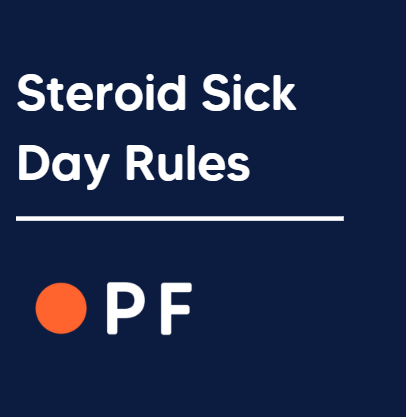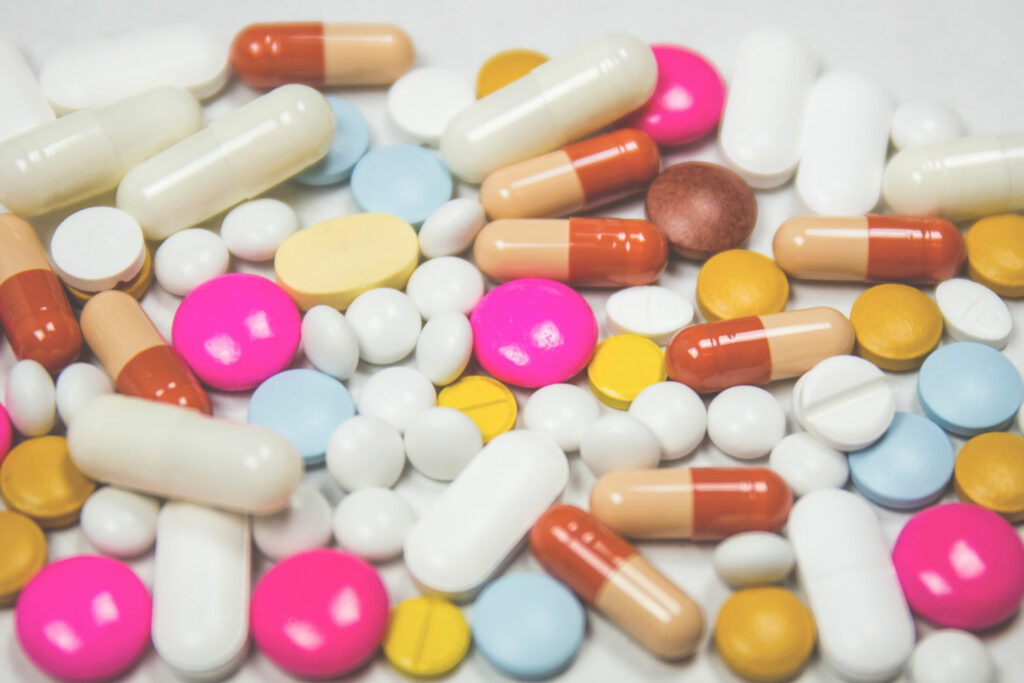What is the difference between branded and generic medications?
Branded medicines are made by the company that first developed the drug. Once that company’s rights to the medicine (called a patent) run out, other companies can make their own version – this is called a generic medicine. Generic medicines must contain the same active ingredient as the branded version, in the same strength, and work the same way in the body in order to be approved for use.
Are generic medications equally effective as branded medications for people with pituitary conditions?
Yes, generic medications contain the same active ingredient as the branded version, which means they should work in the same way to treat your condition. However, the non-active ingredients – like colouring, flavouring or bulking agents – may be slightly different. These don’t affect how the medicine works, but in rare cases, some people might notice a difference if they’re sensitive to certain ingredients. For most people, generic and branded medications are equally safe and effective. If you have any concerns or feel different after switching, it’s always a good idea to speak with your GP or pharmacist.
Can I ask my GP for branded medication, or should I speak to the pharmacy?

If your prescription is written using the generic name, the pharmacist can choose which version (or brand) to supply. This usually depends on what they have in stock and what is cost-effective. You can ask the pharmacist if they have a specific brand, and they may be able to give it to you – especially if the price is similar. However, they don’t have to supply a certain brand unless it’s written on the prescription. The best way to make sure you always get the same brand is to speak to your GP. If your GP feels a particular brand works better for you, they can prescribe it by name.
It’s also worth noting that some medications are “brand-specific” – this means they should be prescribed and taken as a particular brand because small differences between versions might affect how well the medicine works or how your body responds. Your GP or endocrinologist will take this into account when prescribing.
I’ve been told I need extra hydrocortisone for ‘sick day rules’, but I’m struggling to get more on my prescription. What should I do?
Yes – it’s very important that you have enough hydrocortisone to follow the ‘sick day rules’, which usually means doubling your dose during illness, infections, or times of physical stress. To do this safely, you need to have extra hydrocortisone available at home. If your monthly prescription only gives you just enough for your regular dose, you should speak to your GP or practice team. Explain that you need a small reserve to manage illness safely and ask them to make a note on your medical records. If you’re still having difficulties, your endocrine team may also be able to support your request with a letter to your GP.
Should my repeat prescriptions from the GP be monthly or every 2 months?
This can vary depending on your individual needs and the practice’s prescribing policy. In many cases, it’s possible to receive a two-month supply of your medication, but this is up to your GP or prescriber’s discretion.
Can I have my prescriptions delivered from the pharmacy? I have trouble walking to collect them.
Many pharmacies do offer a delivery service, especially for people who have difficulty getting out to collect their medicines. However, this is usually a private service, so it’s up to each individual pharmacy whether they provide it and whether there is a charge.
How can I keep track of my medications and any changes to my prescription?
Managing medications for any condition can be challenging, especially if your doses change over time. Below is listed some helpful ways to stay organised:
- Keep a medication list: Ask for a printout from your surgery team or pharmacy and make sure to request an updated list whenever something changes. Bring the list to appointments to help your healthcare team
- Use a pill organiser: These can be really useful for keeping track of daily doses, especially if you’re taking multiple medications. However, if you ever need to go into hospital, it’s important to bring your medication in their original boxes with the pharmacy label showing the prescribed dose and instructions
- Set reminders: Phone alarms or medication reminder apps can help you stay on schedule
- Record changes: Keep a note of any medication changes, why they were made, and the date. You can use a small notebook or your phone’s notes app

Download our Sick Day Rules Table
You can download this table of the steroid Sick Day Rules, to take with you on the go
Download now










